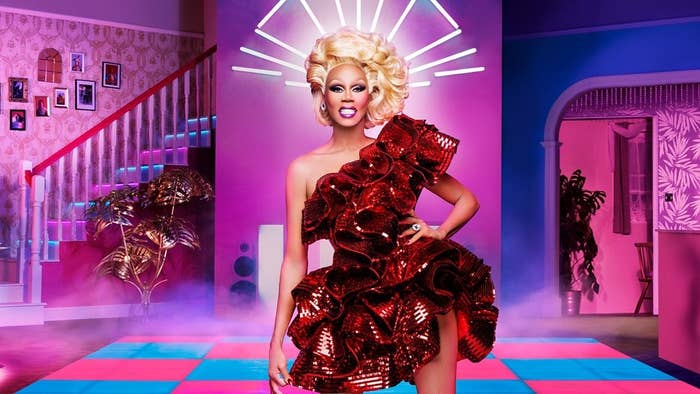
Naomi Smalls maybe sums it up best. "I've had my share of people disliking what I do/how I live my life but it's not their life to live," she says of her experience with internet trolls. "I've been wearing platform heels, makeup, and painting my nails since 11th grade. I've developed a thick skin."
And it's true. Drag queens — especially those thrust into the blinding spotlight cast from the multi-Emmy winning juggernaut RuPaul's Drag Race — have developed thick skins. In fact, the sometimes harsh, sometimes racist criticism from diehard fans has meant they've had no choice but to.
It's no secret that almost every queen from the show has had their fair share of haters in the past. After all, the show's premise involves a dozen or so contestants competing to become "America's next drag superstar" through a series of challenges that are judged by a panel including RuPaul. But it's also true that the black queens who've entered the Drag Race ring have endured blatantly racist criticism from fans since it burst into the mainstream.
Only last year, season 10's Asia O'Hara posted a note on social media that said she feared for her safety after someone threatened to burn her alive because of the color of her skin. Season 8 winner Bob the Drag Queen pointed out that most of the popular Drace Race queens were "thin and white", adding that, at the time, RuPaul was the only black queen from the show with more than a million followers on Instagram. In her words: "It's not the show. It's the fandom."
The irony? The show is, of course, fronted by arguably the most successful drag queen of all time, who just so happens to be black herself.
But just how much does race affect the performance and careers of black Drag Race contestants? BuzzFeed News spoke to four queens with differing opinions to find out.
Naomi Smalls, who is still only 26 years old, was fortunate enough to evade racial criticism from fans while first appearing on the eighth season of Drag Race in 2016. However, coming back into the fray for the fourth iteration of All Stars, Smalls did the one thing that was guaranteed to cause uproar — she sent home a fan favorite.
"I've luckily never really had to deal with prejudice from fans of the show until a certain scandalous episode," she tells BuzzFeed News, most likely referencing the episode in which she sent Manila Luzon — a strong contender for that year's crown — sashaying home. "I don't want to hear/see anyone using the N-word unless you're black."
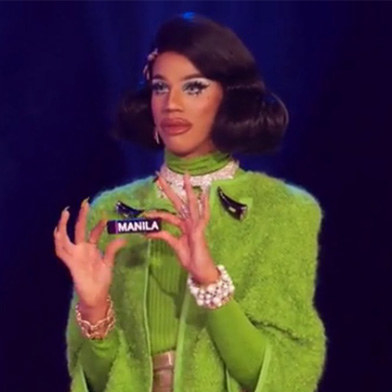
However, despite receiving racial slurs after the episode, Smalls went on to explain that she doesn't believe skin color plays a role in what a contestant brings to the competition. "People can get so hung up on what's in their way instead of focusing on how you're going to snatch the crown," she says. "Present the best version of you, no matter your ethnicity/background."
In fact, behind the scenes, Smalls was dealing with her own challenges. "I wish I could tell myself to give even less fucks about what the judges and production had to say regarding my personality," she explains, claiming that she was referred to as "unrelatable and unlikeable" during filming. "I felt these comments were very harsh, especially when others were getting praised for how charming they were. Judge my drag, not my character. Sob stories and emotional conversations were not what I signed up for when competing for a title and prize money."
However, despite these challenges, Smalls is only thankful to the show that helped to forge her career. "I've developed a great fan base from RuPaul's Drag Race," she says, later adding: "Season 8 and All Stars has given me a confidence that I'm so grateful for."
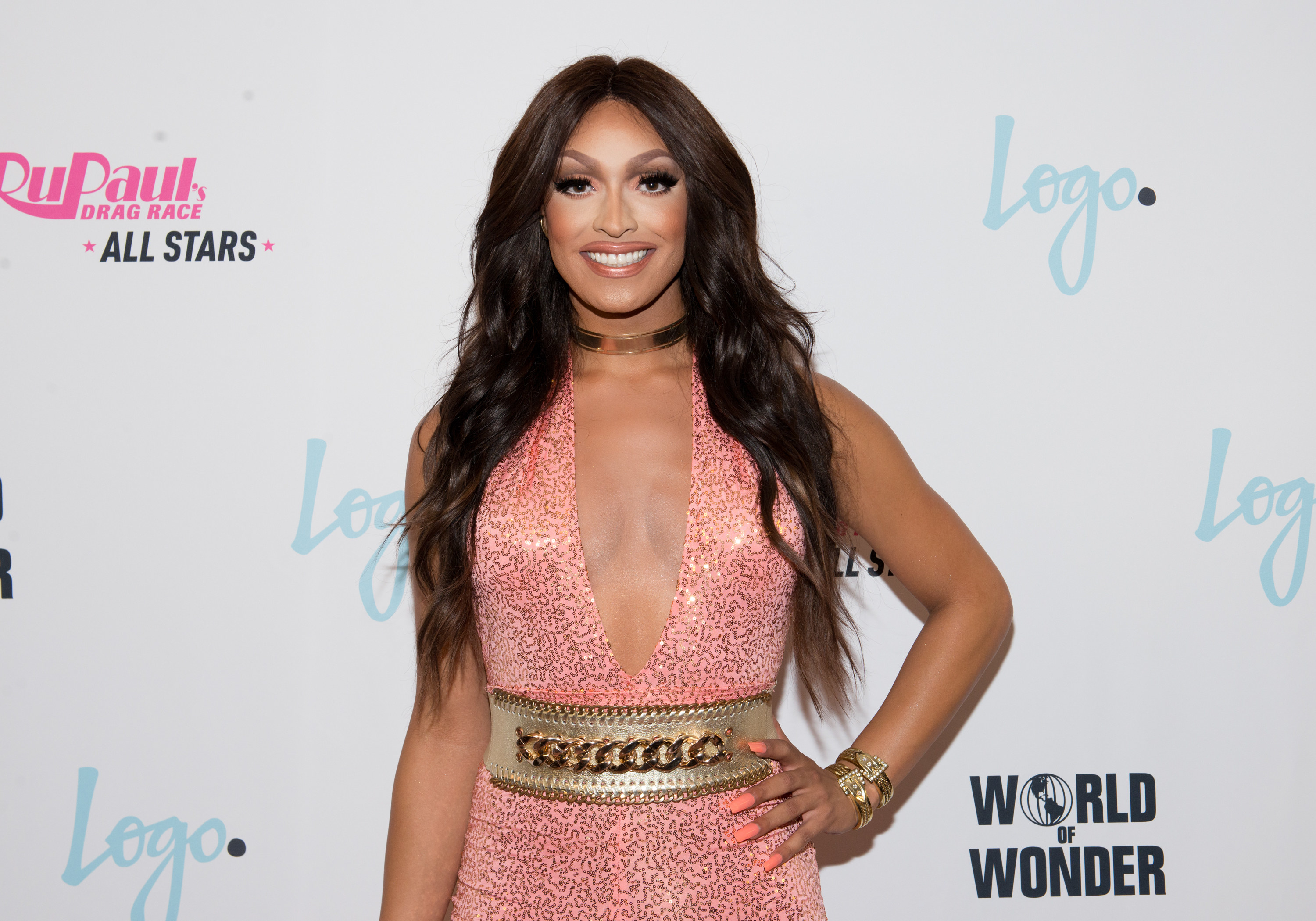
"I've had people tell me I'm awful, I should die, and that I'm worthless."
Tatianna, who became another fan-favorite after resurfacing for All Stars in season two, explained that she had a "really great" experience on set both times. However, her experience with trolls has been equally disgusting. "I've had people tell me I'm awful, I should die, and that I'm worthless," she says. "It definitely hurt and broke my spirit a little, but I learned trolls do it for a reaction."
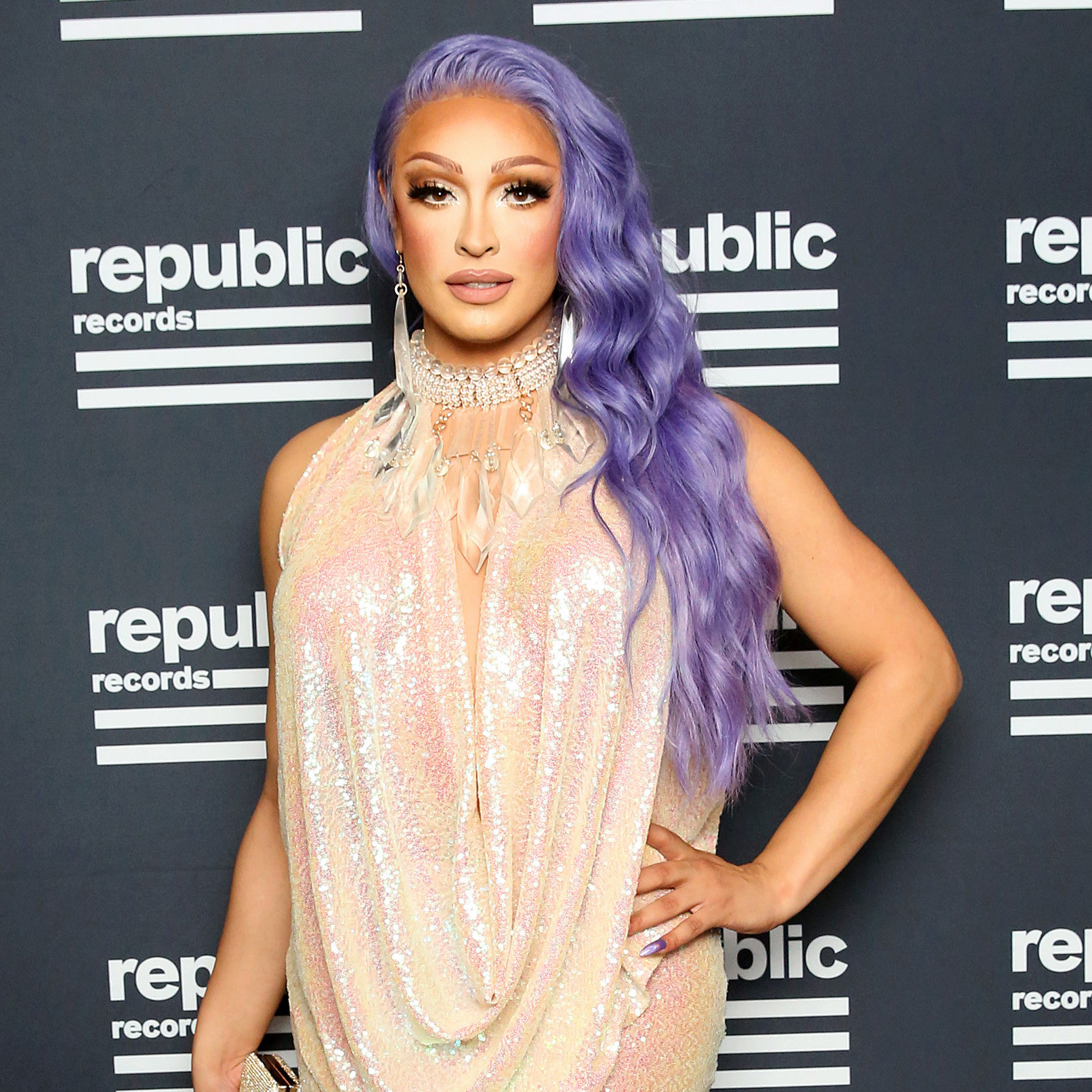
Interestingly, though, Tatianna claims that the audience didn't know that she was black or mixed-race and instead assumed she was Latinx. "I'm not sure why that ended up being the case. I definitely talked about my background in confessionals and on-set but it never made it to the final cut," she said. "I wish it was shown on the show though because I’m very proud of being black." While she acknowledges that the lack of racist abuse directed at her was "definitely an example of white privilege," the problem she faced was being dismissed for not being "black enough".
Outside of the competition, Tatianna said that race "definitely has an effect" on the success of a drag queen's career, but doesn't impact the success of a queen on Drag Race itself. "It's what comes after," she revealed. "How the audience views the queens. How clubs and promoters book the queens. The opportunities given to the queens. That’s where I’ve seen first hand where race comes into play."
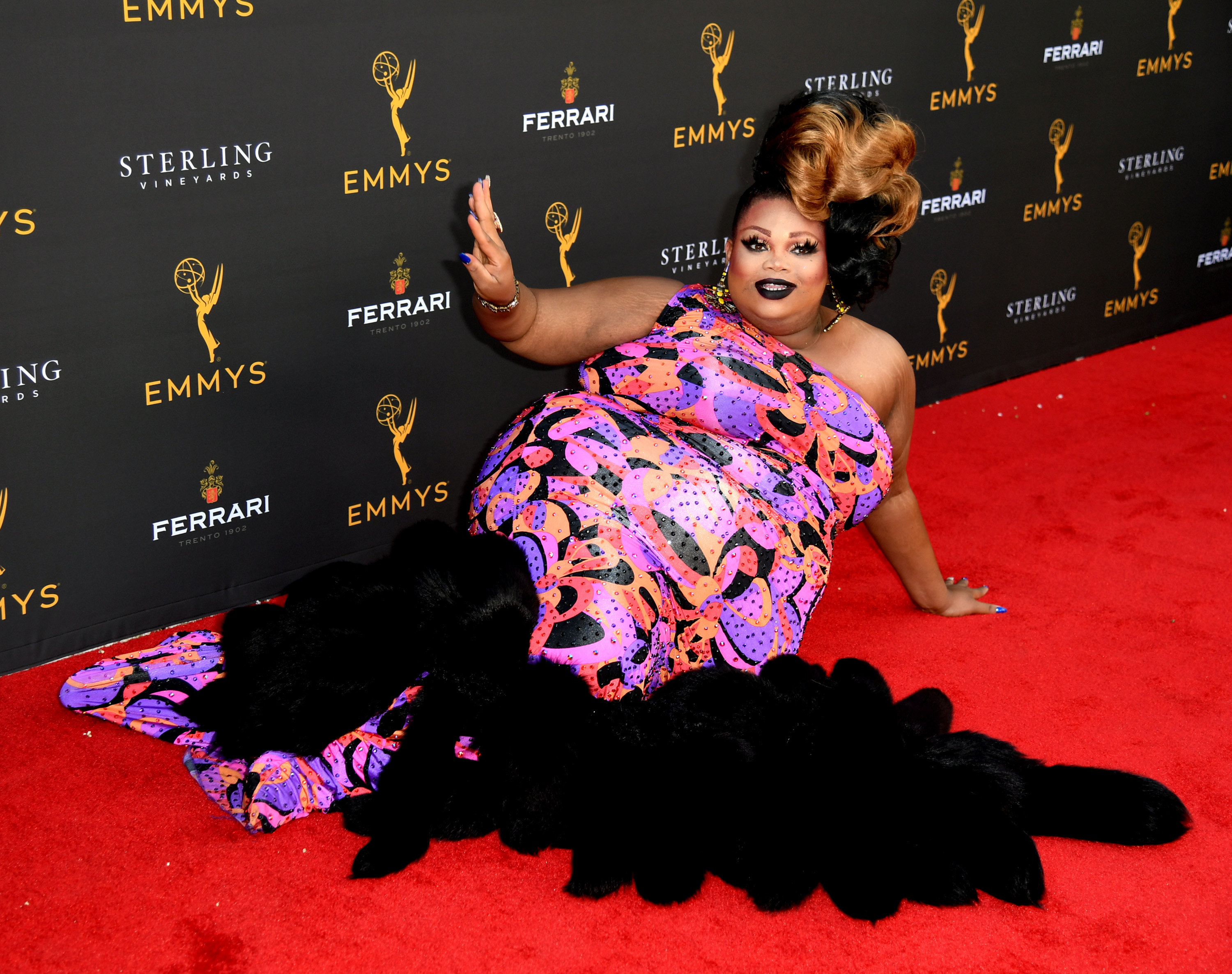
"The fans hated me and expressed that every way possible. My haters have hated me mainly based on race."
For Silky Nutmeg Ganache, though, the impact of race was something she felt as soon as her season began to air. "The fans hated me and expressed that every way possible," she said of her time on Drag Race. "My haters have hated me mainly based on race." In fact, according to Ganache, other black queens on the same season felt the same and so banded together to comfort one another. "I tried to ignore it but I always ended up talking with my other castmates with melanin," she said. "They were receiving the same. So we had to be strong for one another."
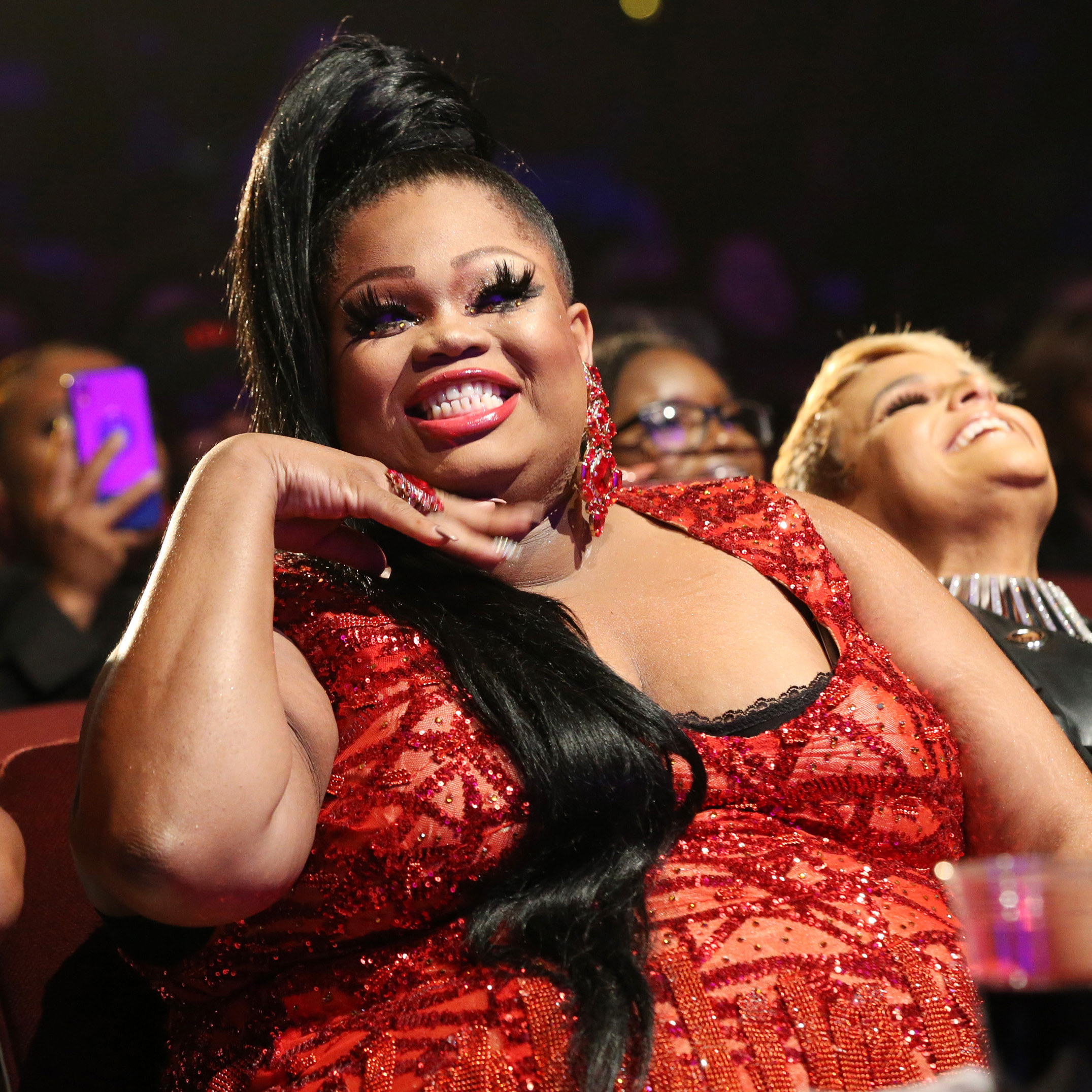
Ganache went as far as to claim that other queens and crew members of Drag Race suggested she would've found more success on the show if she were white. "Many alums of the show and staffers definitely believe that if I was white that I would have received better support," she revealed. "I am hated because I spoke up for those without a voice and I stood up for myself. I was a big black queen that was educated and fun and I didn't realize that I would have a hate club that would fight against me every step of the way to prove that I was wrong."
"Opportunity isn’t given to queens of color," Ganache continued. "There are only two queens of color out of the many seasons that have found success outside of RuPaul's Drag Race and we are all fighting for opportunity daily."
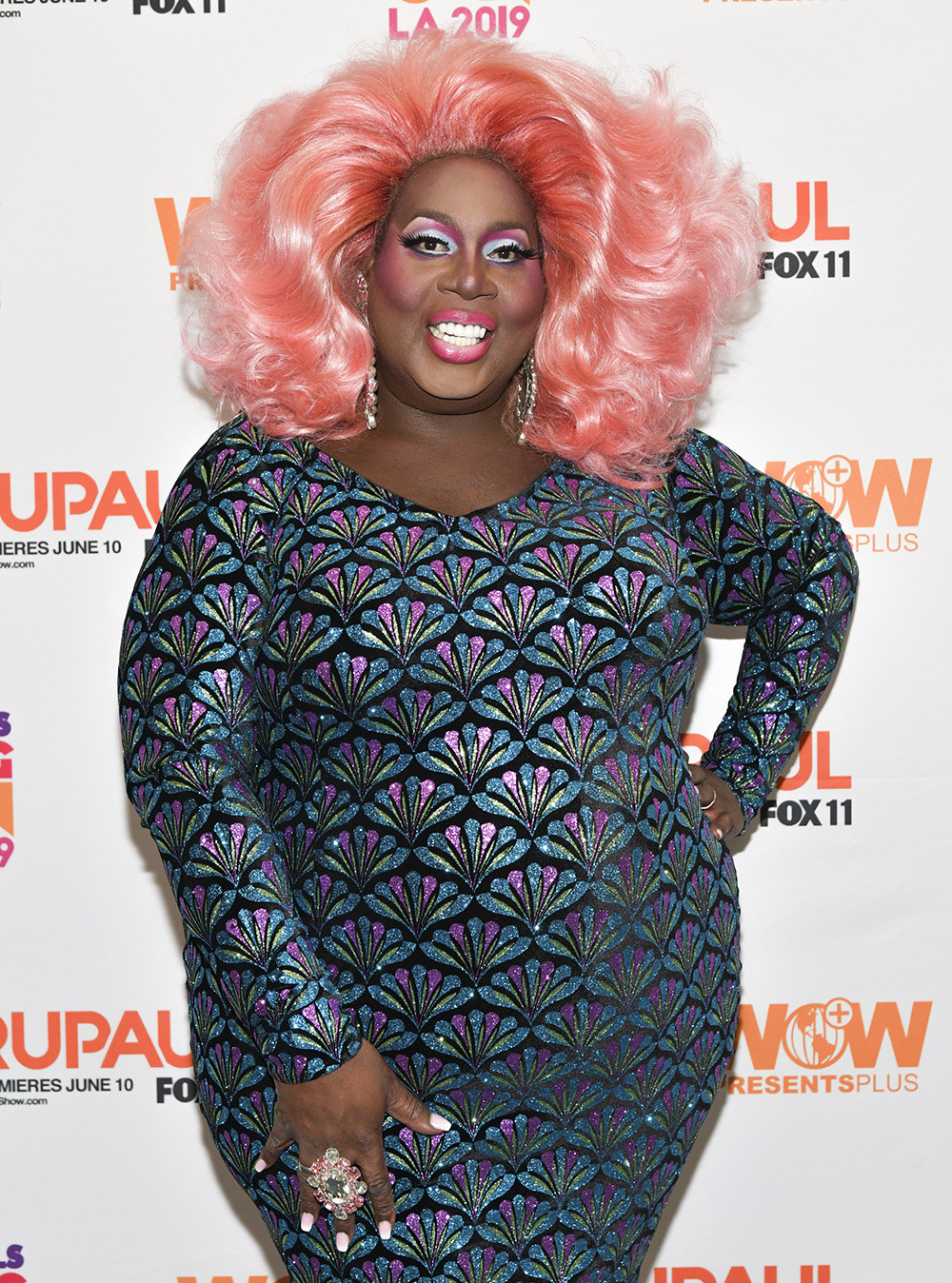
It's the large and in charge, chunky yet funky queen herself, Latrice Royale, who points out that there's been a recent shift in fans' reaction to the show. Royale, who first appeared in season four and quickly became a favorite before appearing twice more on the show, said that she received "nothing but love and support" when she first hit our screens back in 2012. Now, though, things are different.
"There has been a shift that began happening since about season seven of Drag Race," Royale said. "The new generation has gotten way more vocal and hateful. It's disheartening to watch something which once was a celebration, turn into girls getting death threats."
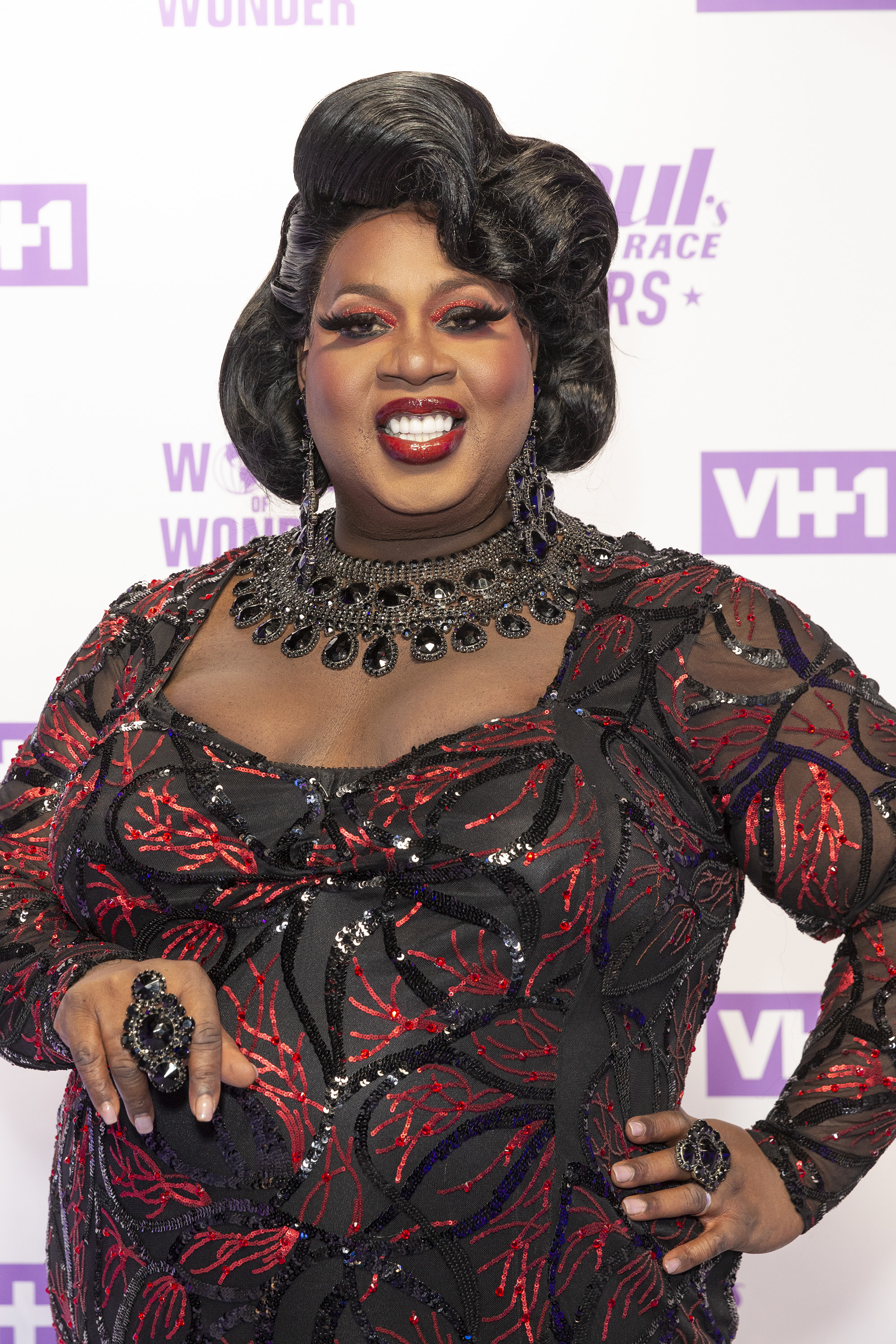
"I have been called my share of hateful racial slurs and fat this and fat that," Royale continued. "Which is funny to me because I'm 47 years old and have been fat and black all my life, so am I supposed to cry? I know what I look like! Large and in charge, CHUNKY YET FUNKY!"
When asked by BuzzFeed News about what the show is doing to help queens who are targeted by trolls online, a representative for Drag Race said that contestants are "evaluated by professionals" before and during production, with "counselling services" and "therapeutic guidance" also provided to each participant every other month for a year after the show wraps.
And Latrice Royale especially now refuses to allow the hateful comments of the past affect her future success. "I have NEVER, nor will I EVER, use the 'race card' as an excuse to feel victimized," she said. "I don't accept those terms to determine my success or lack thereof." And, for Royale at least, you only have to look at who fronts the show to back that up.
"We're on a black drag queen's television show...RuPaul, like many before him, had to fight for his place, and he did so on his own terms," Royale said. "The sky is the limit, man." ●
